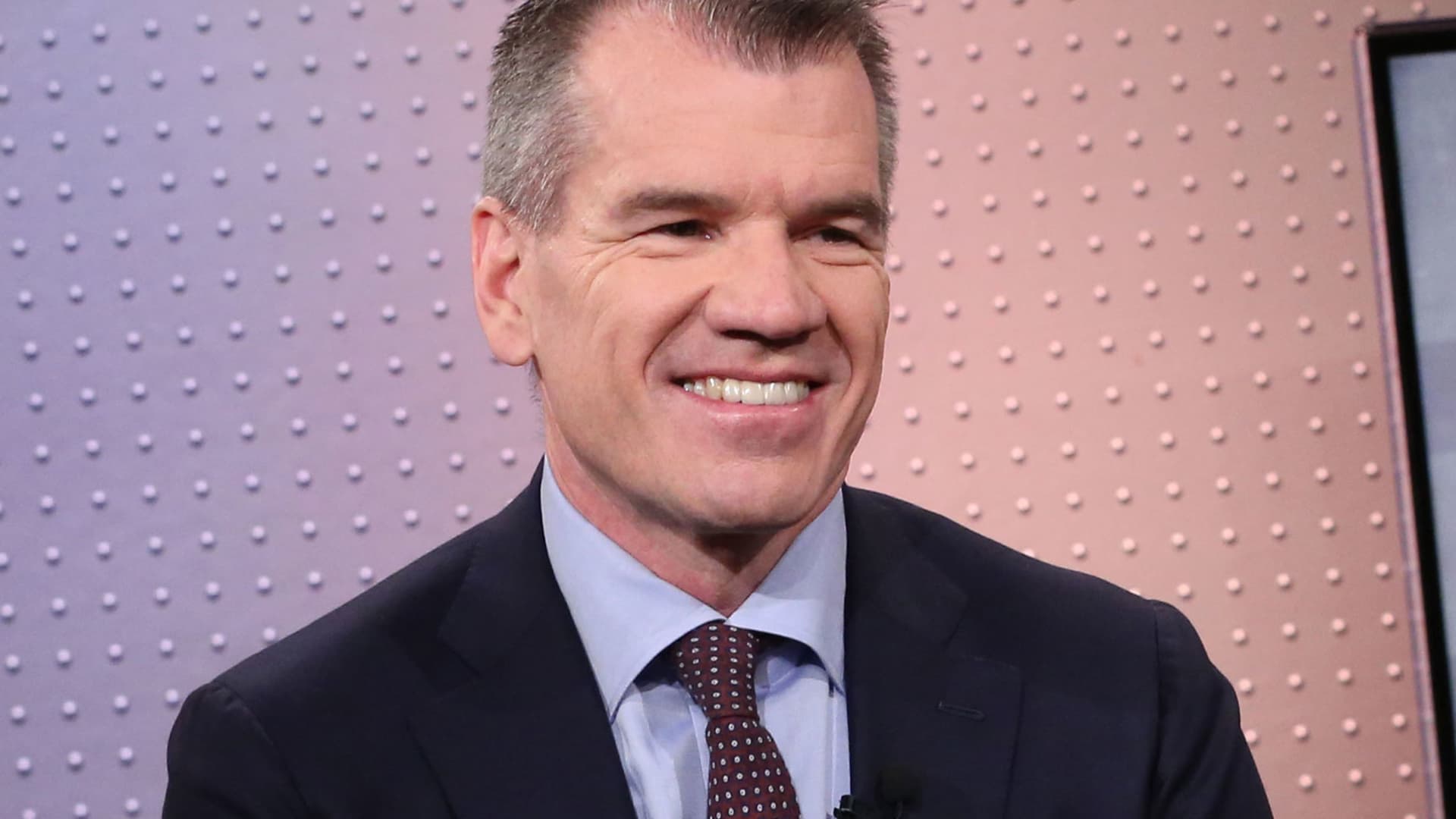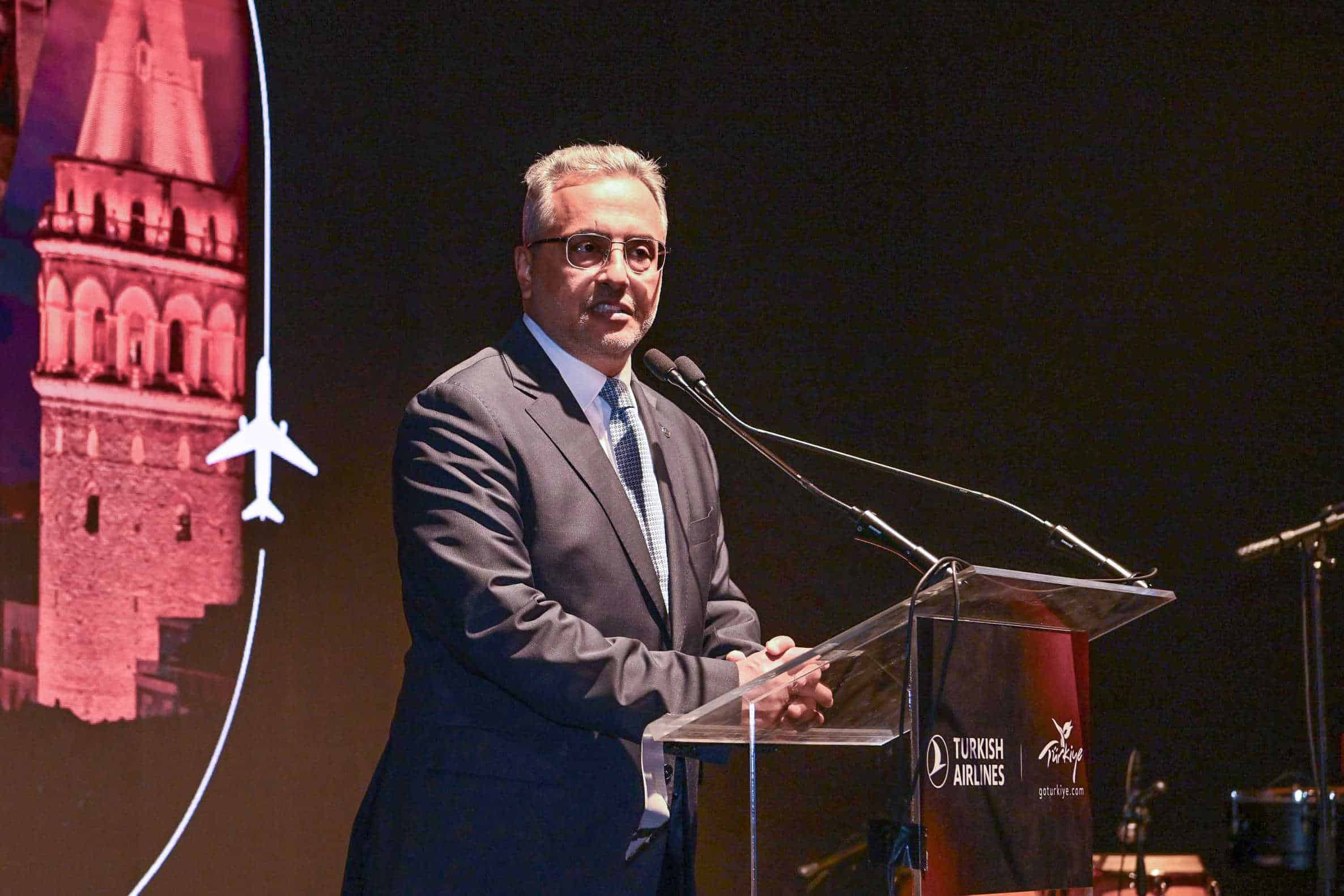Turkey Seeks Troops in Iraq and May Allow U.S. Flights
Turkey’s continued insistence on its right to send in troops reflected the strong passions being stirred in Turkey by the prospect of war.
The Turkish Parliament, which previously rejected a resolution to provide the United States with help for a military invasion, announced early Tuesday morning that it would bring a new resolution on the issue to Parliament today or Thursday.
"There is not much time," said Justice Minister Cemil Cicek in making the announcement, which came after a late-night cabinet meeting.
He initially said the resolution, which was being completed, would probably cover the movement of American ground troops through Turkey and permission for American warplanes to use its airspace.
Early today, however, The Associated Press reported that Mr. Cicek said later that after consultations with the United States, the resolution would focus only on the issue of granting permission to use Turkish airspace. He said that a separate motion on troop deployment could be considered later.
Mr. Cicek said the resolution would also authorize the deployment of Turkish troops outside the country — in northern Iraq, for instance.
On Tuesday, Turkish officials expressed confidence that a new resolution would succeed. But American officials were only cautiously optimistic, recalling that there were widespread predictions that the last parliamentary resolution would pass on March 1.
Both government officials here and political experts said the mood among politicians had changed since Parliament narrowly defeated the previous resolution.
One reason, they said, was the plunge in financial markets in Turkey on Monday, when it seemed that war in Iraq was imminent and that Turkey would forfeit at least $6 billion in special aid that the United States had tied to the use of Turkish territory.
American officials said late Tuesday that they were not sure if the full aid package would still be available even if Parliament granted permission for the United States to use Turkish airspace and base troops here.
Political experts also said that Turkey did not want to be left out of a war — and, more important, decisions about postwar Iraq — and that a military conflict now seemed inevitable.
The Turkish government fears the rise of an autonomous Kurdish state in northern Iraq, which could rekindle separatist demands among Kurds in southeastern Turkey. The government is also worried about a tide of refugees crossing from northern Iraq into Turkey and wants its military to be able to halt any flow.
The concern over refugees and possible separatist demands among Kurds in Turkey were among the issues discussed at the meeting between Turkish government officials and Iraqi Kurdish leaders.
The American official, who spoke on the condition of anonymity, said the United States continued to believe that "a unilateral action could cause significant problems." Iraqi Kurds are strongly opposed to such an action and have said in the past that it could prompt violence between Turkish and Kurdish forces.
Nonetheless, the official said, "The Turks have reserved the right in principle to come in."
The meeting was led by the Bush administration’s special envoy to the Iraqi opposition, Zalmay Khalilzad, who has been working to ease tensions between the groups.
Mr. Khalilzad said Iraqi opposition groups at the meeting, including Iraqi Kurds, had agreed to put their own forces under the American-led command in any war. He said those groups had "committed themselves to fully cooperate with the coalition."
He also said that to guard against possible disorder, the United States would take responsibility for securing the oil-rich cities of Kirkuk and Mosul and controlling any flow of people into them. Both Iraqi Kurds and Turkey fear that the other would try to use the war to gain control of those cities.



